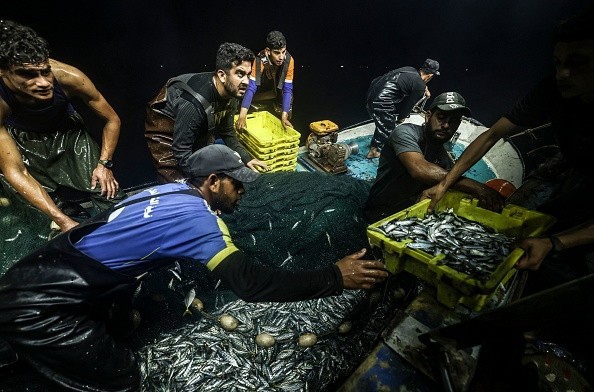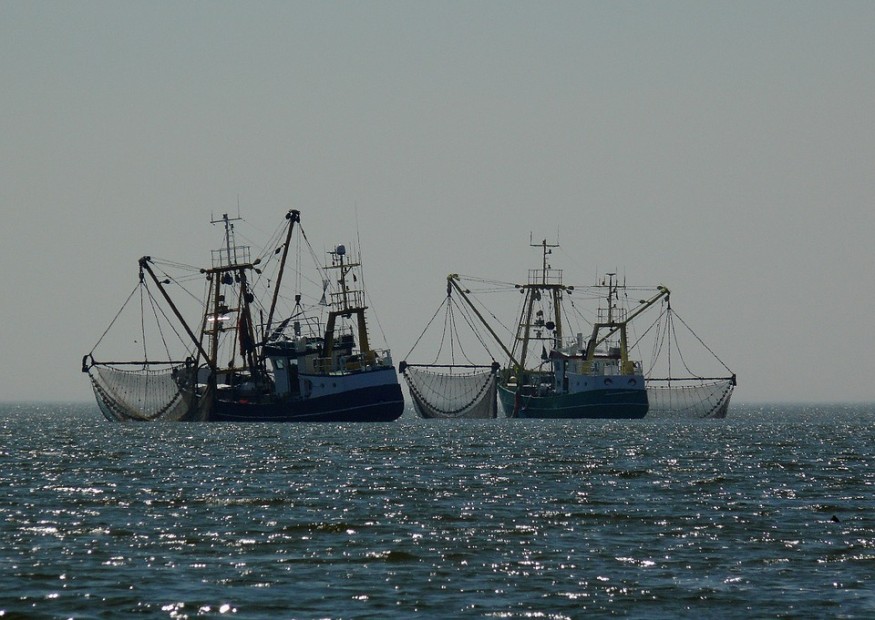Ocean overfishing-the harvesting of animals from the sea at rates too high for species to reproduce themselves-has long been a source of concern for scientists. Yet, over the past two decades, world leaders have been unable to repair the harm that has been done.
When did widespread overfishing of the seas begin, according to marine scientists? And they have a reasonably decent sense of when anything will go wrong if it isn't handled.

History of Overfishing
According to Reef Resilience, this practice was first documented in the early 1800s when humans were searching for blubber for lamp oil destroyed the whale population off the coast of Cape Cod near Stellwegen Bank.
By the mid-nineteenth century, several species used in the United States, such as Atlantic cod, herring, and California sardines, had been depleted to the point of extinction. The food chain was severely disrupted by discrete, localized depletion, which became more unstable in the late twentieth century.
Countries all around the globe tried to improve their fishing capacity in the mid-twentieth century to assure the availability and affordability of protein-rich diets.
Favorable regulations, loans, and subsidies hastened the emergence of large industrial fishing enterprises, which have fast displaced indigenous fishers as the world's primary seafood supply.
These enormous, profit-driven commercial fleets were ruthless, searching the world's waters and inventing ever-more sophisticated ways and techniques for discovering, harvesting, and processing their prey. Consumers quickly became accustomed to having a large assortment of fish at reasonable costs.
Related Article : Ocean's Fish Population Might be Cut in Half if Water Temperature Continues to Rise
Peaking
However, by 1989, when roughly 90 million tonnes (metric tons) of fish were removed from the sea, the business had peaked, and output had subsequently fallen or remained stagnant.
Because of a lack of fish, fisheries for the most sought-after species, such as orange roughy, Chilean sea bass, and bluefin tuna, have collapsed. Scientific research published in 2003 claimed that industrial fishing had decreased the population of enormous ocean fish to barely 10% of its pre-industrial level.
With large-fish stocks collapsing, commercial fleets began looking for feasible catches deeper in the ocean and further down the food chain. This so-called "fishing down" has set off a chain reaction disturbing the sea's biologic system's ancient and fragile equilibrium.
Ecological Harm

Overfishing, for example, is highly harmful to coral reefs. Plant-eating fish keep these ecosystems in check by eating algae, which keeps the coral clean and healthy to thrive. Too many herbivores caught in the net, whether purposefully or as bycatch, can weaken reefs and make them more vulnerable to harsh weather and climate change. The delicate corals that make up the reef foundations can also be physically destroyed by fishing equipment and detritus.
Other marine species may be harmed as a result of overfishing. Trawling, which involves boats towing large nets behind them in the ocean, catches more than simply shrimp and bluefin tuna-it catches anything in its path. Existential threats have been posed to sea turtles, dolphins, sea birds, sharks, and other species. Overfishing, for example, is highly harmful to coral reefs, according to Conservative Energy Future.
Plant-eating fish keep these ecosystems in check by eating algae, which keeps the coral clean and healthy to thrive. Too many herbivores caught in the net, whether purposefully or as bycatch, can weaken reefs and make them more vulnerable to harsh weather and climate change. The delicate corals that make up the reef foundations can also be physically destroyed by fishing equipment and detritus.
Other marine species may be harmed as a result of overfishing. Trawling, which involves boats towing large nets behind them in the ocean, catches more than simply shrimp and bluefin tuna-it catches anything in its path. Existential threats have been posed to sea turtles, dolphins, sea birds, sharks, and other species.
For more news update about Environmental Action, don't forget to follow Nature World News!
© 2025 NatureWorldNews.com All rights reserved. Do not reproduce without permission.





